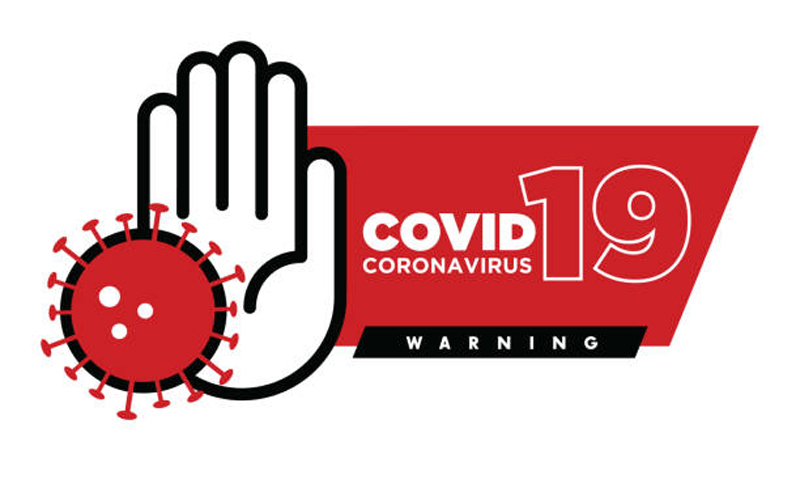
As lockdown measures ease, including the reopening of bars and restaurants, along with non-essential stores, more people have been making their way to the city centers and high streets. Of course, that means that it’s even more important to be aware of measures you need to take in order to stay safe. Just bear the following points in mind, and you’ll be increasing the chances that you and your loved ones remain safe during this time.
Wash Your Hands Regularly and Properly
At the start of the pandemic, there was a definite emphasis placed on hand washing, and not without good reason. One of the simplest methods we have of protecting ourselves is washing our hands. By washing your hands with soap and hot water thoroughly, you’ll remove traces of the virus, thus preventing it from making its way to the surfaces we touch, as well as on our own mouths and faces.
Cover Your Nose and Mouth
It’s compulsory in some places to wear a face-covering while taking public transport. This measure is precautionary in order to help slow the spread on public transport and in other public places. It’s also a good idea to wear a face-covering indoors when you can’t keep a minimum of 1m from anyone outside your family bubble. When it comes to masks, it’s worth looking at different types, as they aren’t all the same. For example, you might wish to consider N95 masks, which filters at least 95% of airborne particles. You can purchase these masks online from companies such as Pandemic Pal.
Avoid Public Transport Where Possible
Due to the shared surfaces and proximity, public transport encourages the spread of viruses, so you should try and avoid using tubes, trains, and buses where possible, by cycling or walking, and not making any non-essential journeys. This might sound like a restrictive and unnecessary measure, with lockdown having lifted, but the virus remains in the population. So by limiting public transport, you’ll reduce the chances of catching the virus and spreading it to others. Of course, physical activity, such as walking and cycling, is good for your health, so it’s a great move all around.
Know the Symptoms
The symptoms depend on the definition given by the World Health Organization or the country in which you reside. The UK government, for example, states that there are three symptoms: loss of taste and smell, persistent cough, and fever. However, one particular study identified 19 COVID-19 symptoms. It might sound like a lot, but you should be aware of all potential symptoms, because should you or someone you know experience any one or more of these symptoms, it could indicate a case of COVID-19, which means that you or another might need to remain at home to isolate. You should first make yourself aware of those symptoms stated by the government of your country before researching any more.
The key symptoms are the ones that often emerge in the first two days, which could be confused with other cases.These symptoms could include muscle pains, sore throat, and headache. If you have any relevant symptoms, you should apply strict isolation while you’re waiting for a test to find out whether you have COVID-19 or not.
Get Tested at Home
If you think you might have some of the symptoms, but are unsure, there are simple methods of checking yourself at home. In this case, you should ask yourself questions such as “can you smell cupboard staples like mint, orange zest, or coffee?”; “do you have a temperature?”; and “do you have a rash?”. You should also take note of any symptoms you have that you rarely experience.
Make Yourself Aware of How Long COVID-19 May Last
You should know the data on this i.e., both the average length and the potential additional time it can take for recovery. For example, if it takes 10-12 days for you to start feeling better, it might be the case that many people report symptoms that can continue for far longer. For example, it could be that a small number of people report symptoms that continue for at least 30 days. Many long-term sufferers relapse in days after feeling better, destroying their false sense of security. The notion that COVID-19 lasts for mere days and is no different than flu is misleading. So being aware that you could feel unwell for longer than anticipated is important in ensuring you don’t expect you and others to recover too quickly, and encourage others to isolate until they feel better.
Comments
comments